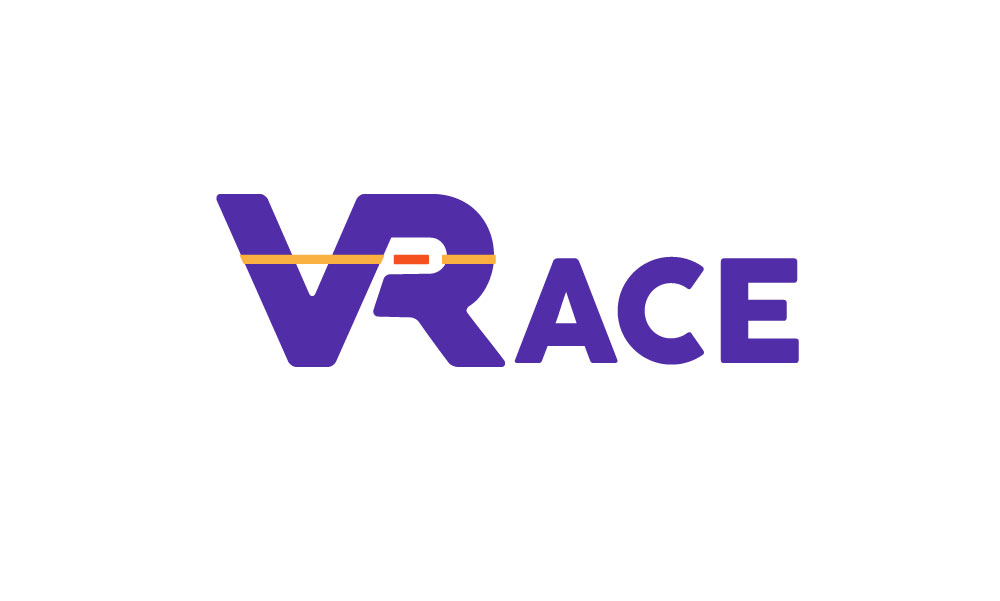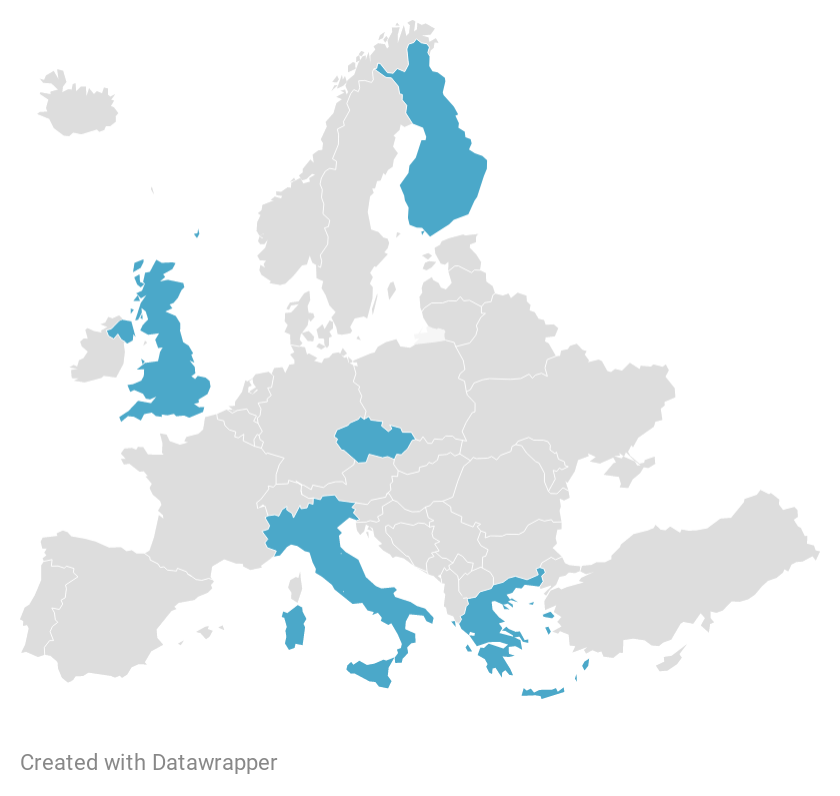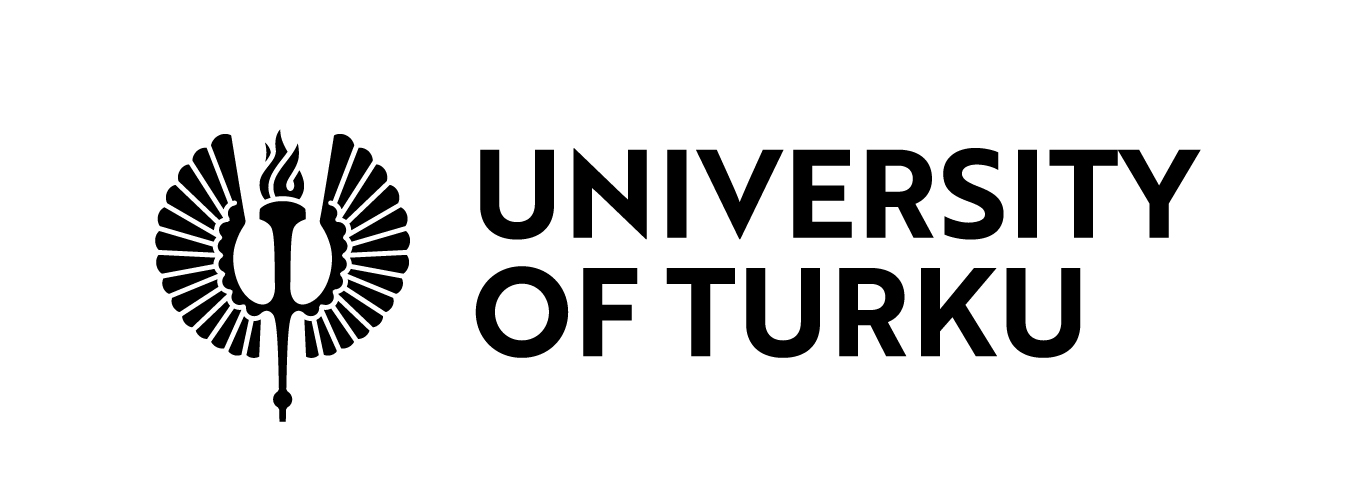The University of Turku (UTU), Finland’s second largest multidisciplinary university, is an internationally competitive research-led university whose operation is based on high-level research.
The UTU is recognized for the quality of research, teaching, and excellent support services. As one of the leading universities in Finland, the University of Turku offers study and research opportunities in seven faculties: Humanities, Science and Engineering, Medicine, Law, Social Science, Education, and Turku School of Economics; and in five independent units: Brahea Centre of UTU, Centre of Language and Communication Studies, Finnish Centre for Astronomy with ESO, Turku Bioscience, and Turku PET Centre. In the international QS ranking, the University of Turku is among the top 300 universities and is ranked third best university in Finland (QS Ranking 2018).
The University of Turku, whose roots reach as far as to the Royal Academy of Turku in the 1650s, was established in 1920. Back then, the University was formed by the Faculty of Humanities and the Faculty of Mathematics and Natural Sciences.
New faculty, the Faculty of Medicine, was established in 1943 to serve a nation in war. In 1960s and 1970s, three more faculties were established: the Faculty of Law in 1960, the Faculty of Social Sciences (departed from the Faculty of Humanities) in 1967, and the Faculty of Education in 1974. The private University of Turku was nationalized in 1974. The Turku School of Economics and the University of Turku decided to merge to a new university starting from 2010.
Today, the University of Turku has 20,185 students and 3,493 staff members (10.1% international). External funding covers 38.99% of the total funding of 260.9 million euros.
The University of Turku is active in international cooperation. It is a member of the Coimbra Group, a network of prestigious universities in Europe. Almost 2,300 international students from over 100 countries study annually in the University of Turku.
In June 2013, the European Commission awarded the University of Turku the right to use the HR Excellence in Research logo. The logo is a token of the University's commitment to continuous development of the position and working conditions of researchers along the guidelines set forth in the European Charter for Researchers.
Faculty of Science and Engineering
The Faculty of Science and Engineering was founded in 1920, at the same time when the university was established. The number of students enrolled is approximately 4,200, the annual intake being approximately 500 students. The faculty comprises of a variety of basic natural sciences, as well as mathematics and information technology. There are eight departments at the Faculty of Science and Engineering (Biodiversity Unit, Department of Biochemistry, Department of Biology, Department of Chemistry, Department of Future Technologies, Department of Geography and Geology, Department of Mathematics and Statistics, and Department of Physics and Astronomy).
Education is given in eleven Bachelor's programmes in Finnish and in twenty Master's programmes, six of which are international programmes taught in English. In addition, many departments offer a significant number of advanced courses in English that can be included into exchange studies or to a Master's degree. Doctoral studies can be completed in English in any of Faculty’s research fields, and these studies are closely integrated to the research in the Faculty.
The research done in the Faculty is internationally recognized. The areas of expertise emphasize biosciences and mathematical research; Faculty’s strategic scientific focus lies in biosciences and mathematical methods. High profile research is also done in quantum physics, astronomy, material physics and environmental sciences, among others. Multidisciplinary cooperation is common within the research fields.
Researchers in the Faculty of Science and Engineering have well established international networks. For instance, there is biological and geographical research and cooperation from Arctic areas to Amazonas, astronomical research from Tuorla observatory in Piikkiö to the Canary Islands and Chile, and food chemistry research in Australia and China.
Center for Learning Analytics
The Center for Learning Analytics is a research group at the University of Turku focused on teaching technology and digital learning opportunities. Our research revolves around learning analytics and focuses on, for example, digital learning environments, community technology-assisted learning, programming pedagogy, as well as the integration of teaching technology and psychometrics. In addition to research, the center is developing ViLLE, a digital learning environment. At present, ViLLE is used almost by 50% of the Finnish schools for mathematics, mother tongue, programming, and English.




